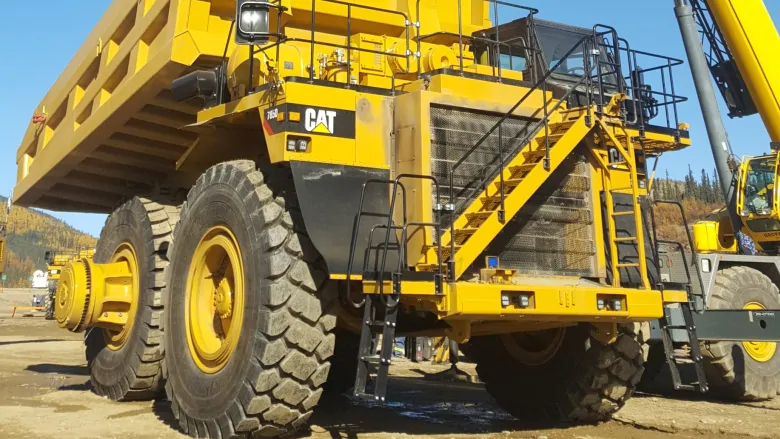Labour shortage in northwestern Canada is ‘choking off economic growth,’ says economist

Yukon’s economic growth, in northwestern Canada, is expected to be slow in 2019, then pick up again in the next few years as new mines go into production, according to the Conference Board of Canada.
But Yukon’s unemployment rate will likely remain around three per cent and there is an ongoing labour shortage.
CBC News spoke with Whitehorse-based economist Keith Halliday about the impact of a labour shortage in a booming economy.
Is low unemployment a good thing?
Halliday said just over three quarters of Yukoners have jobs or take part in the labour force, which is the highest in Canada.
“There’s no untapped pool of unused labour in the Yukon,” he said.
No unused labour also means no one to fill service industry jobs.

Restaurants in Whitehorse and a bakery in Dawson City are open fewer hours this summer because they don’t have enough staff.
“As the government grows and hires more people, and as the mining industry hires more people, that means people are going to have to move to the Yukon,” said Halliday. That will contribute to the ongoing housing shortage, he added.
According to the Yukon Bureau of Statistics, the rental vacancy rate for Yukon this past April was 3.2 per cent.
What’s the impact of labour shortage?
Halliday said some big repercussions of a labour shortage are that people in lower paying jobs may have to leave the territory, and more businesses may move to automation for service jobs. He said he knows people in low paying jobs who are talking about moving to Prince George, British Columbia, or Grande Prairie, Alberta
“The fast food restaurants have kiosks where you order on a screen now and the same at the supermarket,” he said.
When it comes to economics, there is nowhere for people in low paying jobs to live in Whitehorse, Halliday said.
“If you are an electrician or a computer engineer in Whitehorse, you’re probably making a fair amount of money and can afford a house. If you’re at the lower end of the wage scale, not the case,” he said.
If the labour shortage continues, Halliday says it could affect Yukon’s long-term economic forecast.
“I think in some ways the labour shortages [are] constraining or choking off economic growth,” said Halliday. “If our unemployment were higher and businesses could hire more people, the economy would be growing faster now.”
Written by Jane Sponagle, based on an interview by Paul Tukker produced by Nancy Thomson
Related stories from around the North:
Canada: Mining boom to drive economic growth in northern territories beyond rest of Canada, report says, CBC News
Finland: Gold mine in southern Finland to shut down after court denies appeal, Yle News
Norway: Minister downplays environmental impact of planned mine in Arctic Norway, The Independent Barents Observer
Russia: Business is good for Russian nickel giant Nornickel, The Independent Barents Observer
Sweden: Iron mine in northern Sweden to restart production, The Independent Barents Observer
United States: What kind of spending is expected in Alaska’s construction industry this year?, Alaska Public Media



